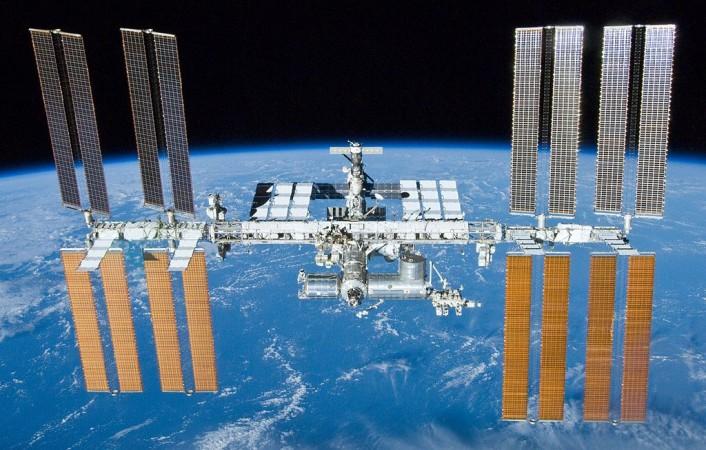Researchers from the United States and India have discovered four strains of bacteria in the International Space Station (ISS), and three of these strains were until now, completely unknown to science. The new finding suggests that bacteria living on earth are also capable to live in low gravity environments such as the International Space Station.
Discovery of three unknown bacteria strains
In the study report published in the journal Frontiers in Microbiology, researchers noted that the bacteria was formed on plants that astronauts were growing in space. Three of these strains were found on the surface of the ISS in 2015, while one strain was discovered long back in 2011.

Researchers revealed that one of the bacterial strains was Methylorubrum rhodesianum, a known strain. However, after sequencing, researchers noted that the remaining three strains were unknown to humans until now. Researchers have now named these three strains IF7SW-B2T, IIF1SW-B5, and IIF4SW-B5.
"To grow plants in extreme places where resources are minimal, isolation of novel microbes that help to promote plant growth under stressful conditions is essential," said Kasthuri Venkateswaran and Nitin Kumar Singh, researchers at NASA's Jet Propulsion Laboratory in a recent press release.
Researchers also noted that the International Space Station is maintaining a clean environment, but beneficial microbes should be also there in these low-gravity conditions.
Breakthrough in space farming
As humans are eyeing space tourism and space colonization, the new discovery could create revolutionary changes in plant growth and space farming. The discovery could also help humans during long space missions which include a manned Mars exploration program that could be initiated soon by NASA.
"This will further aid in the identification of genetic determinants that might potentially be responsible for promoting plant growth under microgravity conditions and contribute to the development of self-sustainable plant crops for long-term space missions in the future," researchers wrote in the study report.














